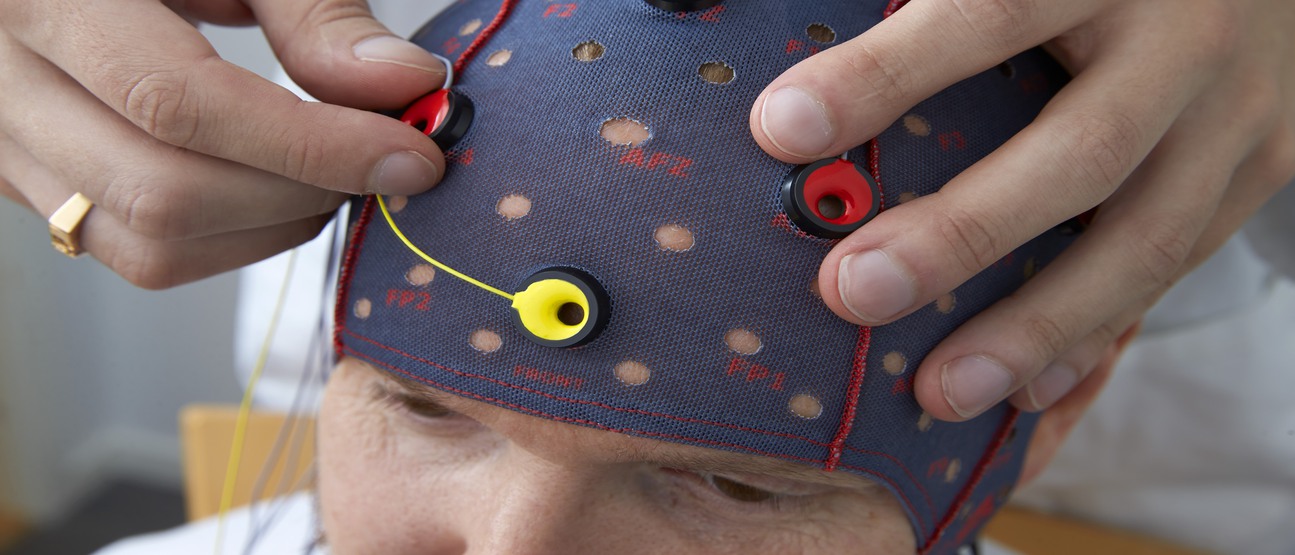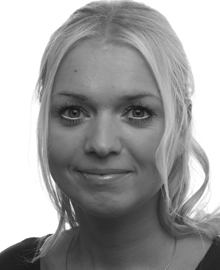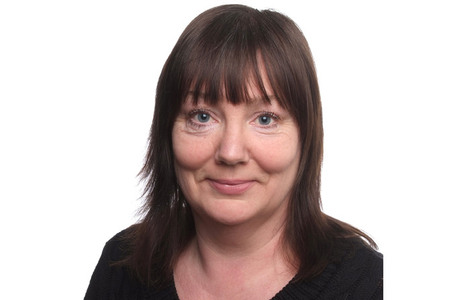Application
Choose a programme instance to display its syllabus, courses and entry requirements
Autumn 2024, Location: Campus (Skövde), Pace: 100%
Application
16 October 2023 - 15 January 2024Application code HS-41251 at universityadmissions.se
Programme Syllabus
When? Where? How?
Courses (syllabus)
Admission Requirements
Admission requires at least a Bachelor's Degree (equivalent to a Swedish Bachelor’s Degree) in Cognitive Neuroscience or equivalent.
A further requirement is proof of skills in English equivalent of studies at upper secondary level in Sweden, known as English course 6. This is normally demonstrated by means of an internationally recognized test, e.g. IELTS or TOEFL or the equivalent.




